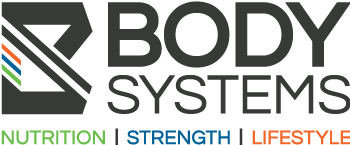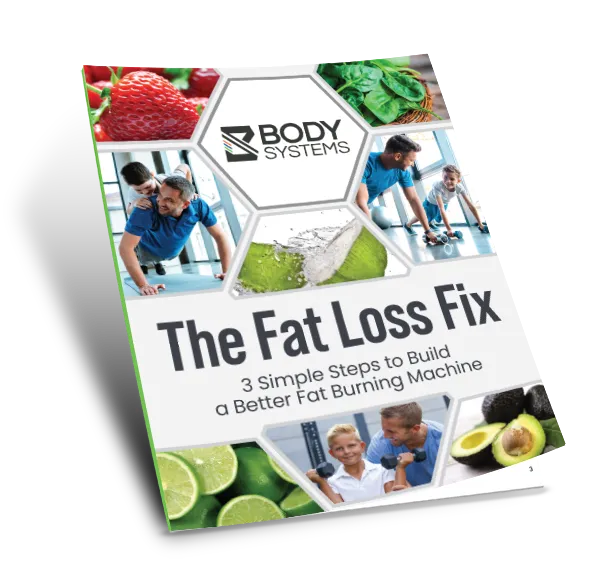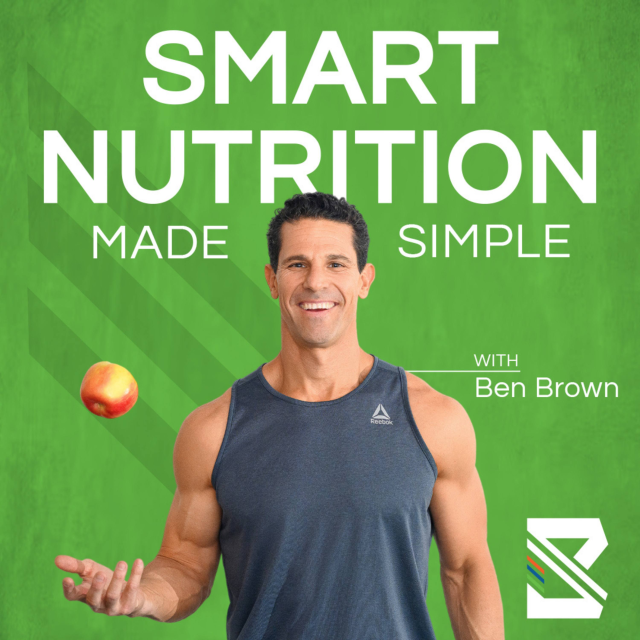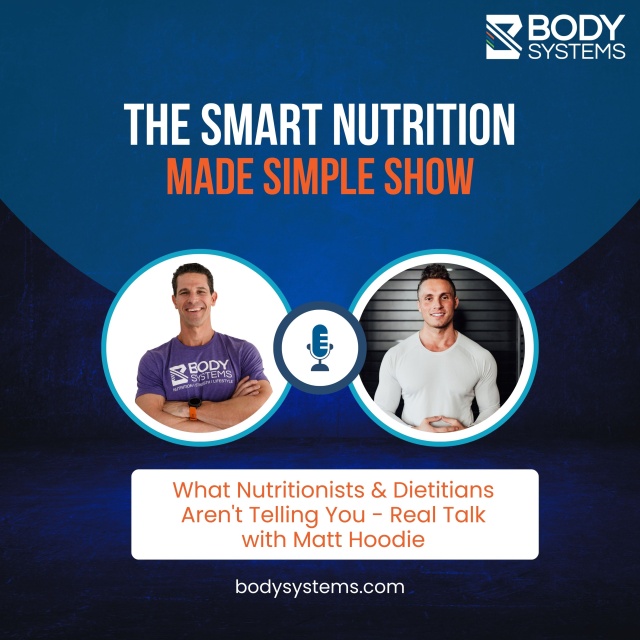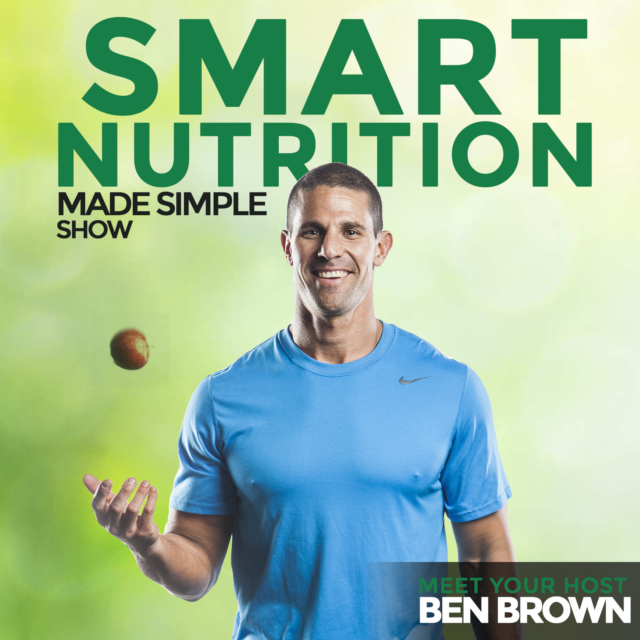
Of increasing popularity is the adoption of a vegetarian or “plant-based” diet due to health concerns as well as those wishing to take a higher level of responsibility for the environment as well as the treatment of animals.
In this episode, I want to discuss several things with you that are worth considering when making this kind of lifestyle change as well as some (hopefully) helpful educational, nutritional and supplemental strategies to help aid you in your journey, including:
– What’s the difference between vegetarian, vegan, and plant-based? Is one better than the other?
– What merit does the “Game Changers” movie have with respect to the benefits of being vegan and what did they get terribly wrong? Who benefits from a movie like this?
– Do vegetarians live longer than omnivores?
– Vegetarian diets and muscle building, strength, and athletic performance.
– Are animal proteins and plant proteins created equal? – Establishing protein goals for vegetarians.
– What nutrients/micronutrients are missing in a vegan diet?
– How to supplement a vegan diet
– What (in my opinion) is a valid reason to make the switch and what is not and how we can stop arguing over nonsensical ideologies.
Let’s start with the basics: Terminology (Most to least restrictive)
Veganism: The strictest vegetarian diet. Excludes ALL animal products from the diet, including food products derived from animals (for example: milk, eggs, and in some cases honey). Some vegans even avoid using animal products made from leather or wool and avoid plants that are not organically grown.
Lacto Vegetarianism: “Lacto” means “dairy,” and this variation thus includes milk products, but no eggs or meats of any kind (fish, poultry or red meat).
Lacto-Ovo Vegetarianism: “Ovo” means “egg,” which is why egg products, but no meat, is included in this vegetarian variation.
Pesco-Vegetarianism: Are similar to lacto-ovo vegetarians, but also eat fish and crustaceans.
Semi-Vegetarianism or “flexitarianism”: Occasionally consume meat, but try to choose vegetarian options when possible. Some flexitarians exclude red meat completely, but still eat chicken and fish.
Plant-Based: Plant-based or plant-forward eating patterns focus on foods primarily from plants. This includes not only fruits and vegetables, but also nuts, seeds, oils, whole grains, legumes, and beans. It doesn’t mean that you are vegetarian or vegan and never eat meat or dairy. Rather, you are proportionately choosing more of your foods from plant sources.
Vegetarian Diets and Health: Do Vegetarians Live Longer than Meat-Eaters?
Vegans and vegetarians are probably some of the most health-conscious people on the planet – they tend to have a higher education, exercise more, sleep more, smoke less, and drink less alcohol. This also means that when you compare these people to the general U.S. population of non-vegetarians (less educated, less active smokers), avoiding meat is but one of a myriad of differences between them.
Observing differences in health outcomes is relatively easy but determining the cause of those differences is virtually impossible because of the confounding variables (education, exercise, smoke less, drink less alcohol, etc…).
But when adjusted for lifestyle, it turns out that the vegetarian diet doesn’t make us live longer. A 2017 meta-analysis looking at observational data from…
